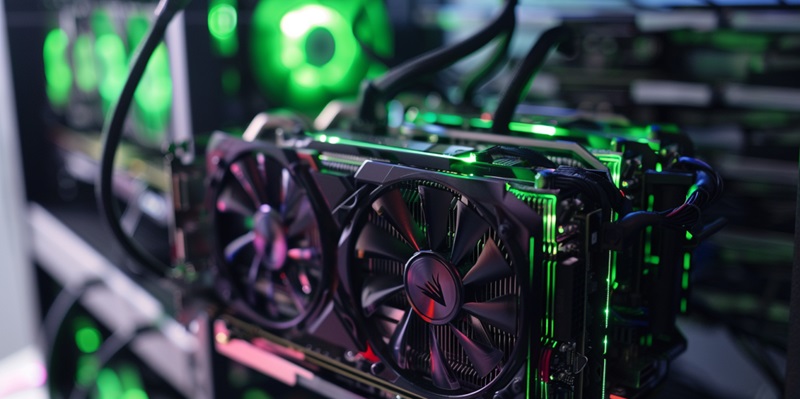As the tech industry eagerly anticipates AMD’s rollout of the next-generation RDNA 4 GPUs, there’s noteworthy progress bubbling beneath the surface. In a move that bodes well for both the hardware giant and Linux enthusiasts, AMD has initiated the integration of support for RDNA 4 and VCN5 video encoding/decoding hardware into its RadeonSI OpenGL driver for the open-source operating system. This integration, which showcases AMD’s strategic preparation, indicates the imminent arrival of RDNA 4 GPUs, which are expected to elevate the graphical experience to new heights with advanced ray tracing and a powerful new encoding/decoding pipeline.
This forward-looking approach not only prepares Linux systems for the upcoming hardware but also reflects an evolving landscape in which AMD is substantially increasing its engagement with the open-source community. AMD’s introduction of 24 patches into the Mesa 24.2-devel cycle is a major step toward ensuring that support for their future GPUs is on par from day one, showing a departure from previous instances when driver support often lagged behind hardware release.
Proactive Driver Integration
Slated for future release, AMD’s RDNA 4 GPUs promise significant enhancements in graphics processing power and efficiency. Their early driver support for Linux underlines AMD’s commitment to ensure a seamless experience for users upon product launch. These advances have implications not only for gamers and digital content creators but also for a broader range of applications that depend on graphical computation, including AI-driven data visualization and complex scientific simulations.
Encompassing foundational elements such as the AMDGPU kernel driver, AMD AC code, and ADDRLIB library, these updates lay the groundwork for optimizing the functionality of these enhancements on the Linux platform right out of the gate. By integrating driver support at this early stage, AMD is effectively setting the stage for RDNA 4 GPUs to hit the ground running, minimizing potential post-launch issues and elevating user confidence in the performance and reliability of their new hardware in a Linux ecosystem.
Commitment to Open Source
AMD is gearing up for the release of its much-anticipated RDNA 4 GPUs by integrating support into the RadeonSI OpenGL driver for Linux, demonstrating a commitment to open-source software. This initiative, part of the Mesa 24.2-devel cycle, includes the introduction of 24 patches that will pave the way for RDNA 4 compatibility. This brings cutting-edge ray tracing and a robust new VCN5 video encoding/decoding infrastructure. AMD’s proactive actions mark a significant shift in how the tech company approaches its relationship with the Linux community, offering immediate driver support for their latest GPUs upon release—a departure from previous trends where driver support trailed behind hardware launches. This level of preparedness signals not just the imminent arrival of the next-gen graphics cards but also AMD’s investment in optimizing the Linux user experience from the start.

